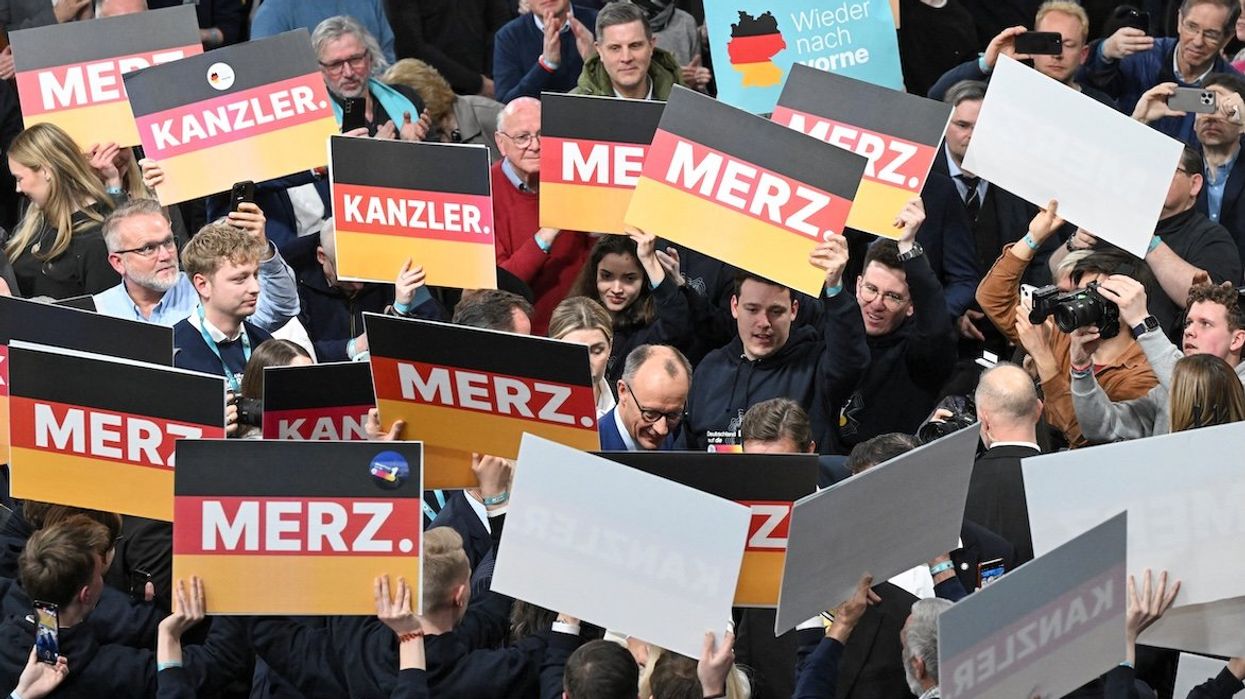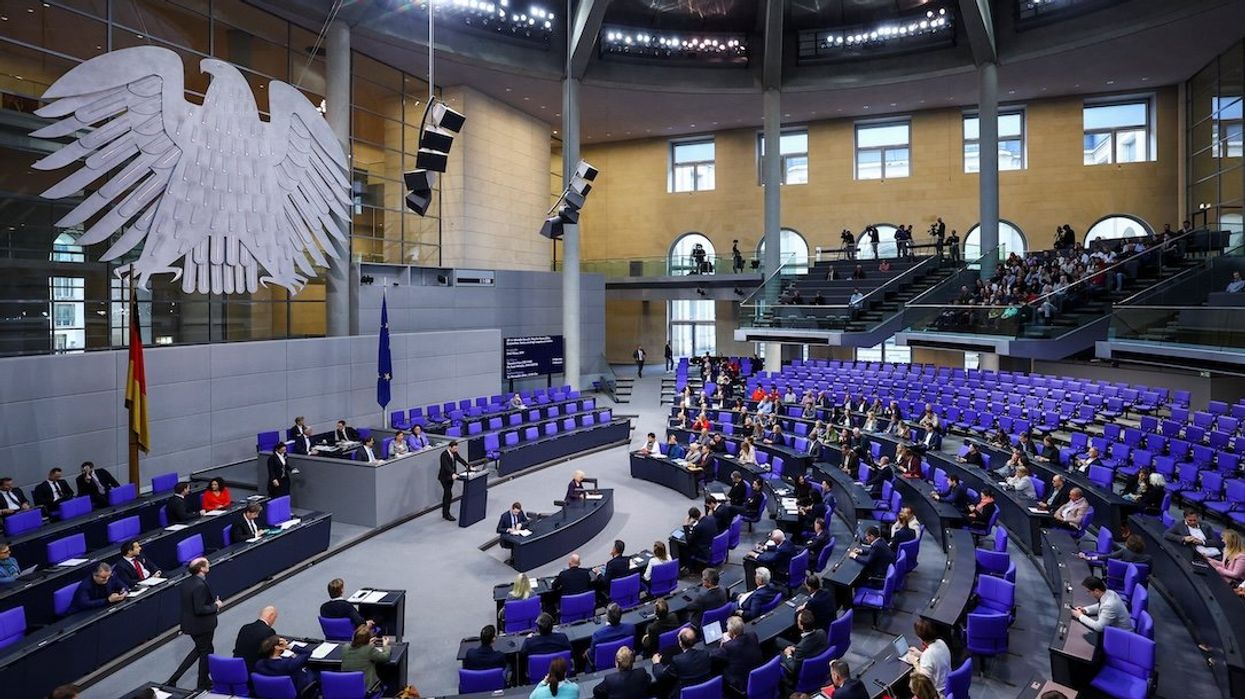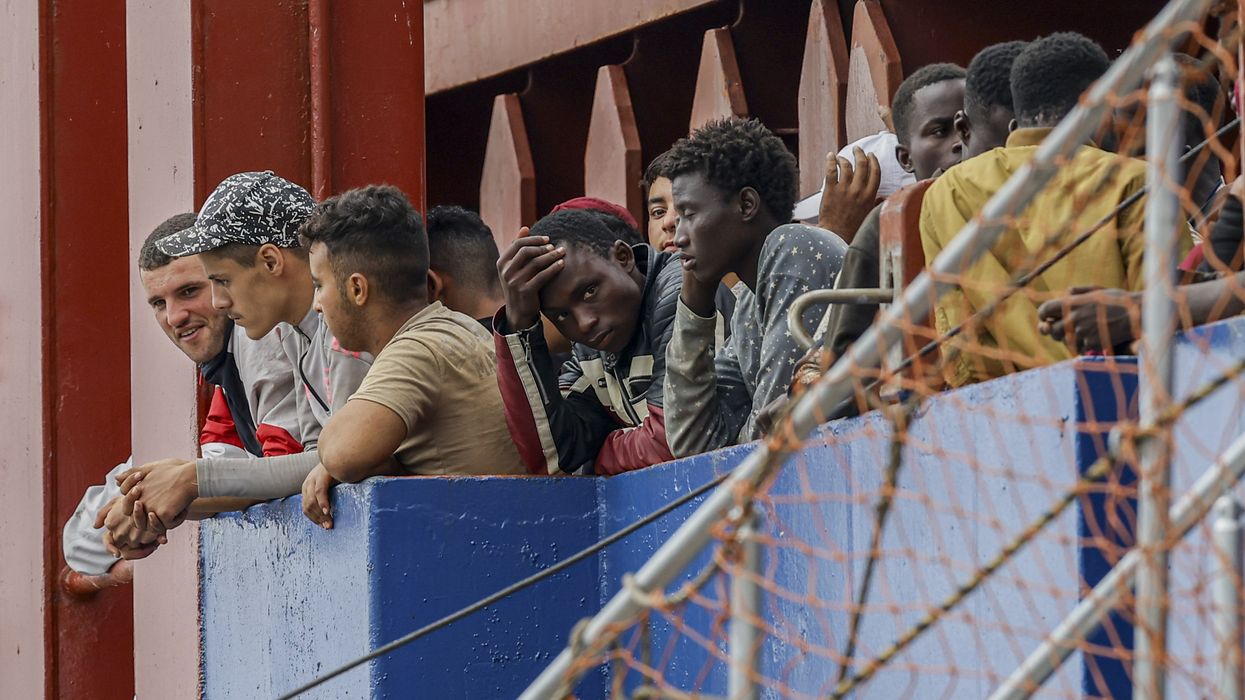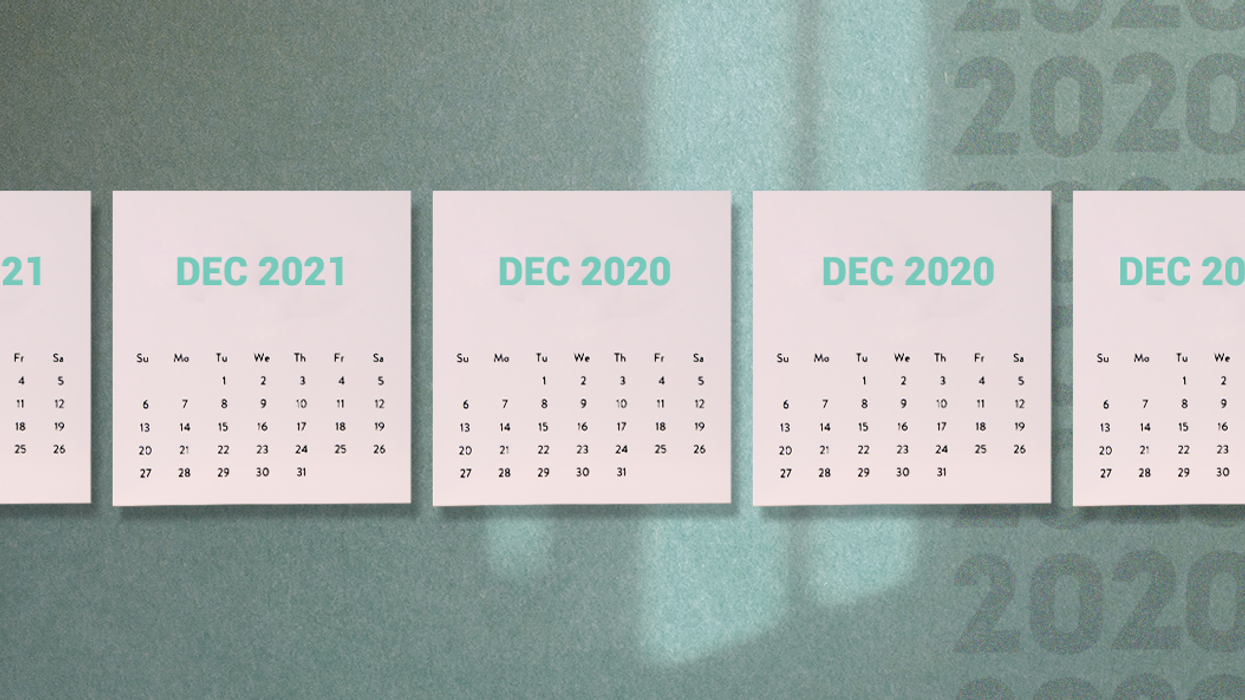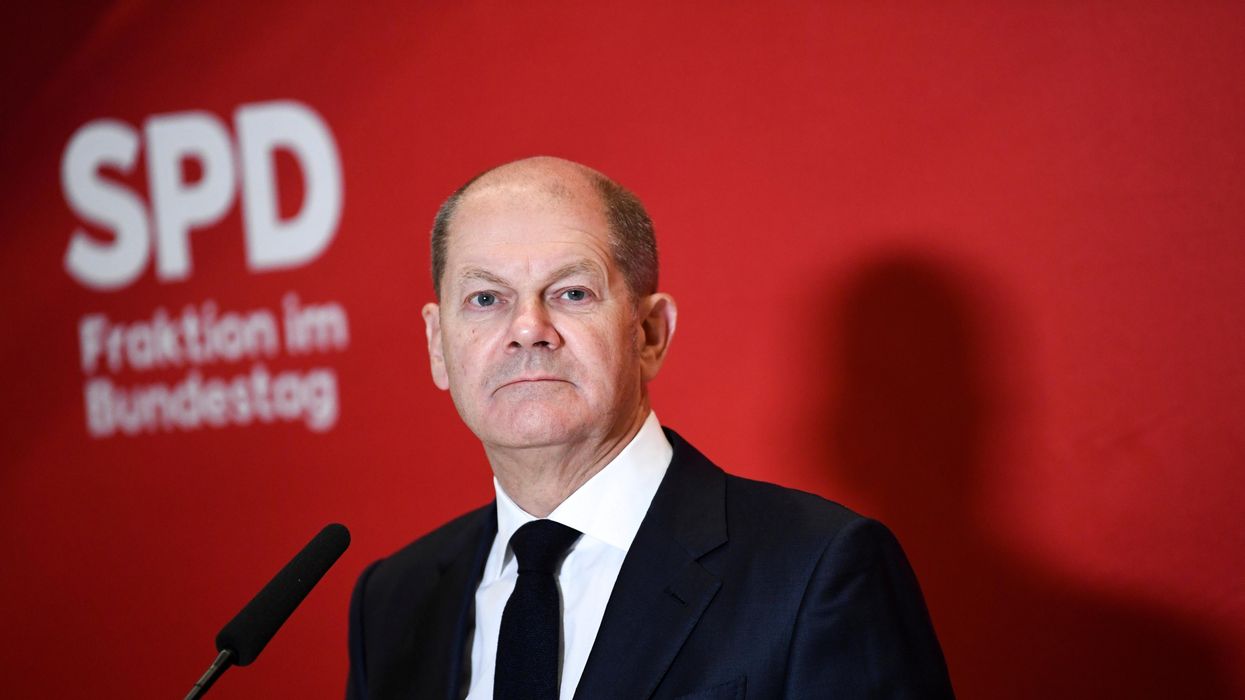Quick Take
Germany's close election limits its ability to lead Europe
Ian Bremmer's Quick Take: Germany’s election results are in, with the far-right AfD party expanding their vote share to second place. Ian Bremmer looks at what the outcome means for the future of Europe and the transatlantic alliance.
Feb 24, 2025



